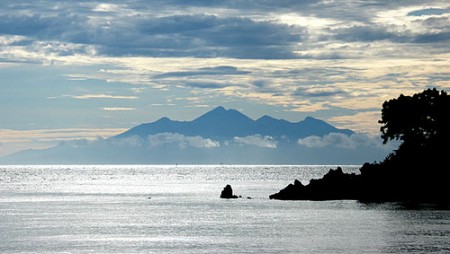
Nomen est omen; the pirates have taken Berlin by storm. Although SPD’s Klaus Wowereit was comfortably re-elected as Berlin’s mayor, the strong showing of Germany’s newest addition to a state parliament has taken many by surprise. The pirate party, dedicated to free information and privacy protection, has won 8.9% of the votes. By comparison, the FDP – a junior partner in Angela Merkel’s government – has been completely kicked out.
Though concerned about the results, most established parties shrug the events off as a form of political protest, and describe the party as anything from ‘non-serious’ to ‘meaningless’. Unfortunately, they’re missing what Berlin’s youth has been trying to say.
Freedom of information and privacy issues on the net affect many voters directly. For a long time, Germany’s elite has been ignoring the important role of the internet in many of its citizens’ lives. When they finally touched upon the issue, it made ‘Generation Net’ worry even more. To internet activists, the prospects of telecommunications data retention felt like a 2.0 version of 1984.
Of course some of the party’s demands seem extreme, and their leaders still have to prove that they are committed to playing a constructive role in day-to-day politics. But whatever the future holds: instead of belittling the pirates, the bigger parties had better work out their own positions on a complex issue that concerns far more than 8.9% of the electorate.




